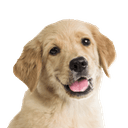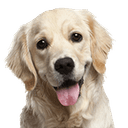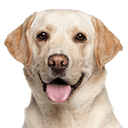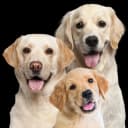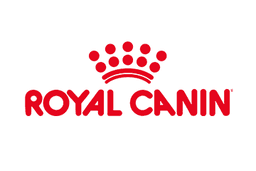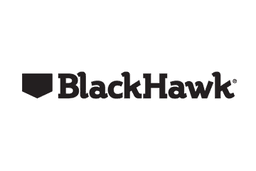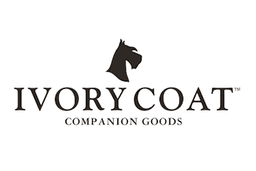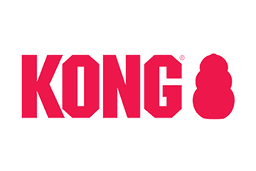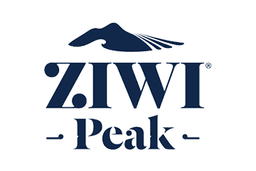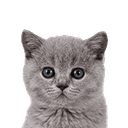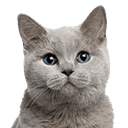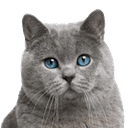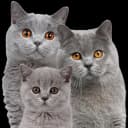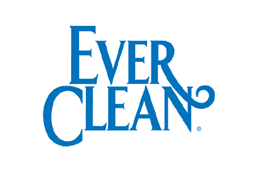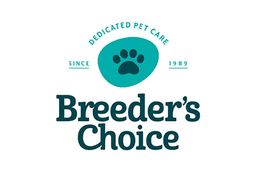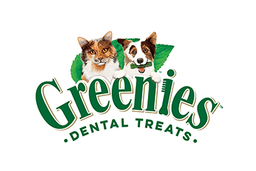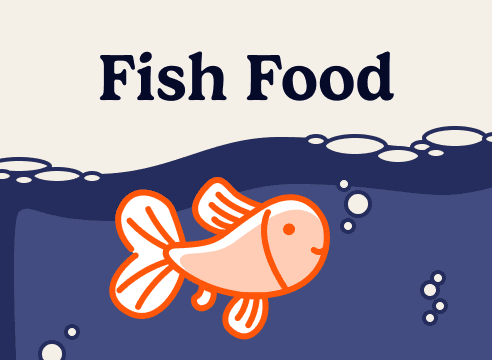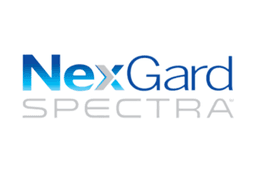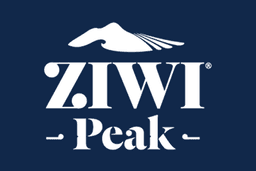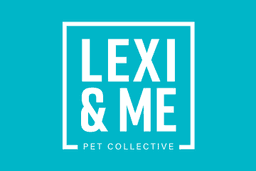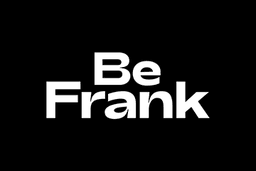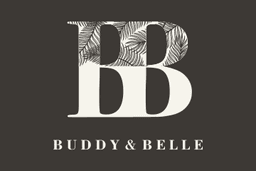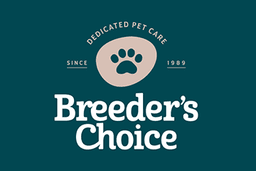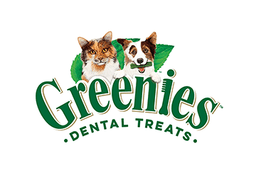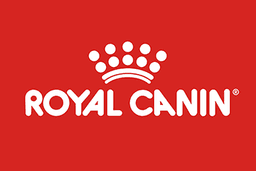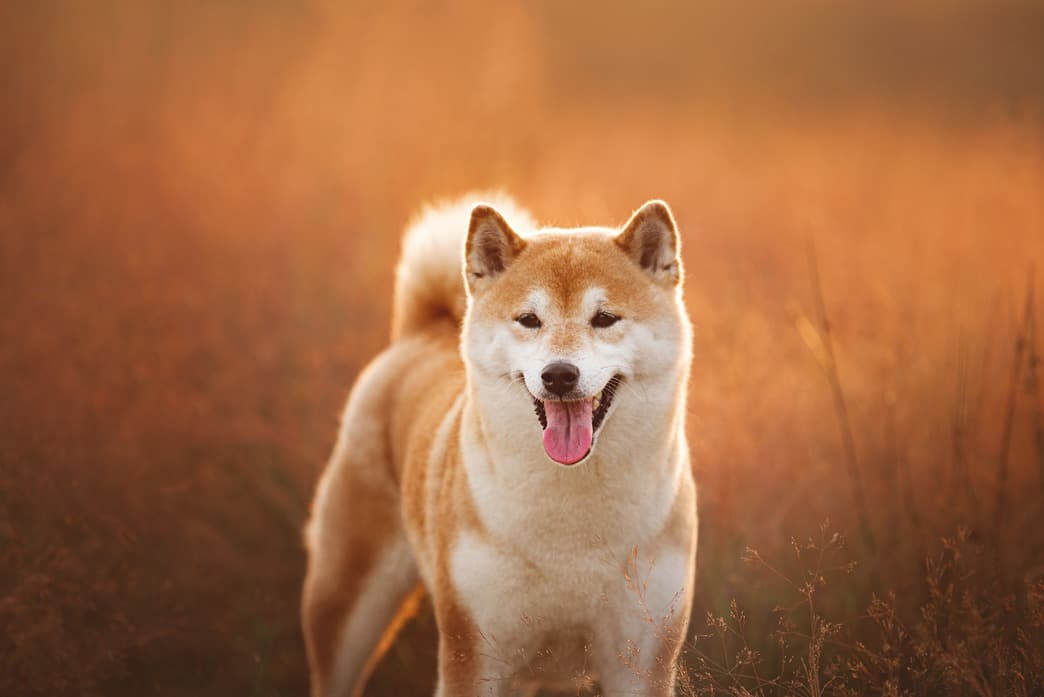The Shiba Inu, often recognised as the "Doge" meme or the face of the Dogecoin cryptocurrency, is the smallest of Japan’s native dog breeds. The name "Shiba Inu" translates to "brushwood dog" in Japanese, a reference to the dense underbrush where this ancient breed of over 5,000 years was specifically developed to hunt small game in Japan's rugged terrain.
Shiba Inus are compact dogs, typically standing between 36 to 40 cm tall and weighing between 7 to 11 kg. They have a distinctive double coat, which comes in colours such as red, sesame, and black and tan. Their life expectancy is around 12 to 15 years.
In Australia, the Shiba Inu is a popular choice for those who appreciate their independent spirit and fox-like appearance, though they are best suited to experienced dog owners.
Shiba Inu Dog Breed Facts & Characteristics
| Dog Breed Facts & Characteristics | Details |
|---|---|
| Origin | Japan |
| Also known as | Brushwood Dog, Kabosu, Doge |
| Bred for | Small game hunting, companionship |
| Size | Small; 36 to 40 cm in height, 7 to 11 kg |
| Weight range | 7 to 11 kg |
| Colours | Red, sesame, black & tan |
| Life expectancy | 12 to 15 years |
| Coat | Thick double coat, sheds year-round |
| Temperament | Bold, independent, faithful |
| Exercise requirements | Moderately active |
| Best suited for | Experienced dog owners |
| Apartment friendly | Yes, but can be quite vocal and territorial |
Personality
The Shiba Inu is known for its strong-willed and independent spirit. They can be headstrong and sometimes even domineering, which makes them better suited for experienced dog owners. Shiba Inus are often reserved with strangers and may be aggressive towards unfamiliar dogs or other pets. However, with proper early training and socialisation, they can become exceedingly loyal and affectionate companions.
Energetic and lively, Shiba Inus thrive on play and enjoy a good run around in a fenced space along with daily walks. They are typically good with children but are better suited to households with older children who can interact with them gently.
Grooming
Shiba Inus have a thick double coat that is known for shedding heavily, especially during shedding season twice a year. Regular brushing is essential to manage their shedding and keep their coat healthy. Given their dense coat, flea control year-round is recommended, as is tick control if you live in a tick-prone area.
Routine grooming should also include regular nail trimming, ear cleaning, and dental care to maintain their overall health and appearance.
Feeding
Shiba Inus are a small, active breed that benefits from a high-quality dog food formulated for their size and energy levels. Their diet should be rich in lean protein to maintain their muscle tone, with moderate amounts of fat to support their dense coat. Shibas can be prone to weight gain, so it’s important to carefully measure their food portions and avoid overfeeding.
Dividing their daily food intake into two smaller meals can help prevent digestive issues and keep their energy levels stable throughout the day. Given their sensitive stomachs, Shiba Inus may benefit from a diet that includes easily digestible ingredients and possibly supplements that promote skin and coat health. Always provide access to fresh, clean water and monitor their weight regularly to ensure they stay at an optimal weight.
Common Health Concerns
Shiba Inus are generally healthy dogs, but they are prone to certain health issues. The most common reasons for vet visits include allergic skin diseases, ear infections, gastrointestinal problems, and eye conditions such as conjunctivitis. They are also at risk for accidents, including claw and bite injuries. Regular check-ups with the vet are essential to keep these issues in check.
Did You Know?
Did you know that Shiba Inus are often compared to cats? They’re known for their meticulous grooming habits, independent nature, and preference for their own space. Much like cats, Shiba Inus can be a bit aloof at times, but they’re also incredibly loyal to their owners, forming strong bonds while still maintaining that unique, cat-like independence.
Shiba Inu FAQs
How much is a Shiba Inu in Australia?
In Australia, the cost of a Shiba Inu can vary depending on the breeder and the dog’s lineage. On average, you can expect to pay between $3,000 and $6,000 for a Shiba Inu puppy. Additional costs such as vaccinations, desexing, and regular vet check-ups should also be considered when budgeting for your new pet.
Are Shiba Inus good with other pets?
Shiba Inus can be territorial and may not get along well with small pets or other dogs, especially those of the same sex. Early and consistent socialisation is key to helping them interact positively with other animals.
How much exercise does a Shiba Inu need?
Shiba Inus are moderately active dogs that require regular daily exercise to stay healthy and happy. A combination of walks, playtime, and mental stimulation is ideal for keeping them fit and content.
Are Shiba Inus easy to train?
Shiba Inus are intelligent but can be quite stubborn and independent, making them challenging to train. They respond best to consistent, positive reinforcement techniques and benefit from early training and socialisation.
Do Shiba Inus shed a lot?
Yes, Shiba Inus shed heavily, especially during their shedding seasons in the spring and autumn. Regular brushing is necessary to manage their shedding and keep their coat in good condition.
Can Shiba Inus live in an apartment?
Yes, Shiba Inus can live in apartments and are often well-suited to smaller spaces due to their independent and clean nature. They tend to keep themselves clean and enjoy having their own space. However, it's essential to ensure they receive regular exercise and mental stimulation. Without enough activity or engagement, they can become bored, which may lead to excessive barking or destructive behaviour. Properly meeting their physical and mental needs will help them thrive in an apartment setting.
Are Shiba Inus prone to separation anxiety?
Shiba Inus are relatively independent, which means they are less prone to separation anxiety compared to other breeds. However, they still need companionship and should not be left alone for extended periods, as boredom can lead to destructive behaviour.
